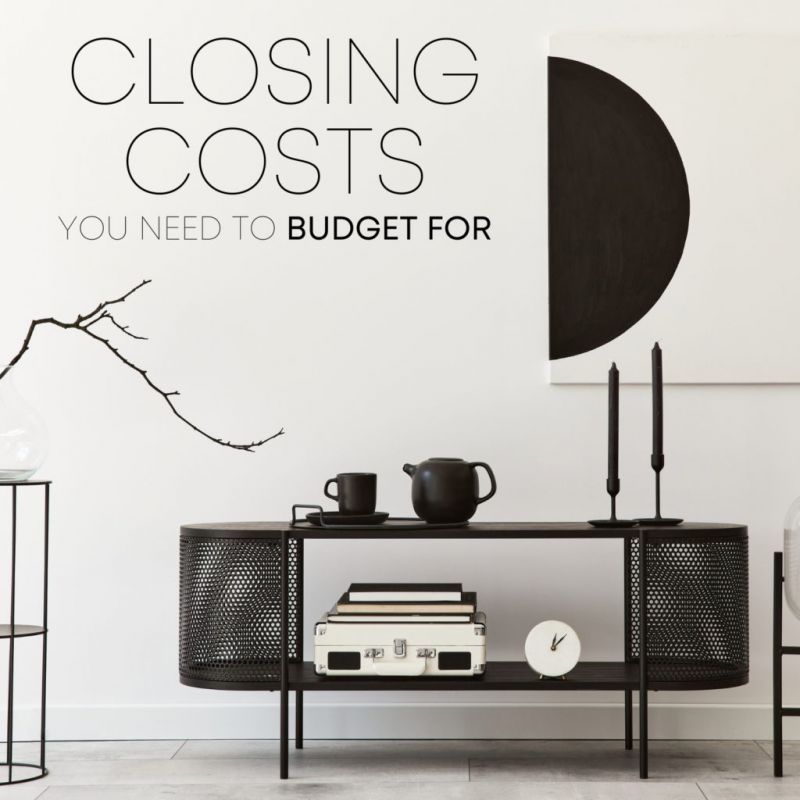
𝐋𝐞𝐭’𝐬 𝐭𝐚𝐥𝐤 𝐚𝐛𝐨𝐮𝐭 𝐜𝐥𝐨𝐬𝐢𝐧𝐠 𝐜𝐨𝐬𝐭𝐬.
When purchasing a home, everyone knows you need a down payment, but many people don’t realize that in addition to your down payment, more funds are needed to cover your closing costs. Closing costs can include title insurance, tax and utility reimbursements, transfer tax, conveyancing fees, and miscellaneous smaller fees for services like notaries and wire transfers. If you are getting a mortgage, your lender could also require funds to be held in escrow for taxes and insurance, and charge underwriting and application fees.
So how much should you budget for closing costs? I typically tell my buyers to budget anywhere from3-4% 𝘰𝘧 𝘵𝘩𝘦 𝘤𝘰𝘴𝘵 𝘰𝘧 𝘵𝘩𝘦 𝘩𝘰𝘮𝘦. Here is a quick breakdown of what you may need to factor into your total out of pocket when buying a home:
• 𝙰𝚙𝚙𝚛𝚊𝚒𝚜𝚊𝚕 𝙵𝚎𝚎: $400-500
• U𝚄𝚗𝚍𝚎𝚛𝚠𝚛𝚒𝚝𝚒𝚗𝚐 𝚊𝚗𝚍 𝚊𝚙𝚙𝚕𝚒𝚌𝚊𝚝𝚒𝚘𝚗 𝚏𝚎𝚎𝚜:$1000-$2000
• 𝚃𝚒𝚝𝚕𝚎 𝚒𝚗𝚜𝚞𝚛𝚊𝚗𝚌𝚎: 0.5-1% of the purchase price
• 𝚃𝚛𝚊𝚗𝚜𝚏𝚎𝚛 𝚃𝚊𝚡: 1-2.5% of the loan (this is sometimes split between buyer and seller)
• 𝙼𝚘𝚛𝚝𝚐𝚊𝚐𝚎 𝚒𝚗𝚜𝚞𝚛𝚊𝚗𝚌𝚎: 0.5-1.5% of the loan
• 𝙿𝚛𝚎𝚙𝚊𝚒𝚍𝚜: typically a full year of your property taxes and homeowners insurance are required upfront)
• 𝙰𝚗𝚢 𝙷𝙾𝙰 𝚏𝚎𝚎𝚜 𝚘𝚛 𝚌𝚊𝚙𝚒𝚝𝚊𝚕 𝚌𝚘𝚗𝚝𝚛𝚒𝚋𝚞𝚝𝚒𝚘𝚗𝚜
As home prices are rising and more buyers are finding themselves competing in bidding wars, it’s more important than ever to make sure your plan includes budgeting for closing costs. Keep in mind that these fees vary depending on location, loan program, and lender.
If you’re thinking about buying and wondering what your fees might be, send me a message – I would be happy to put together an estimate for you!


